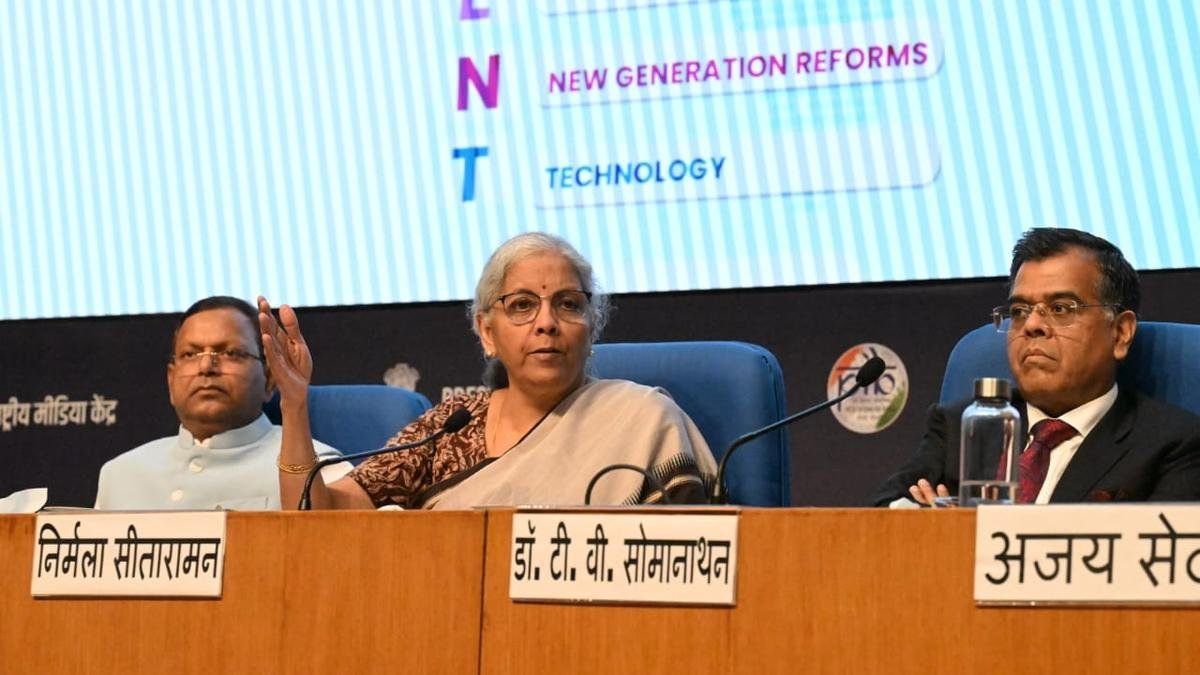Introduction: Nirmala Sitharaman, India’s Finance Minister, presented the Union Budget 2024 with a series of impactful reforms and initiatives. As one of the most anticipated events of the year, Budget 2024 aimed to address various economic challenges and set a path for sustainable growth. This blog post explores the key highlights and implications of Budget 2024, focusing on income tax reforms, the abolition of the Angel tax, and the broader economic outlook.
Main Points:
- Closing Income Tax Loopholes: Budget 2024 introduced significant changes to income tax regulations, specifically targeting loopholes related to house properties. These reforms are designed to create a more equitable tax system and ensure fair contributions from all taxpayers. For instance, the budget removed certain exemptions that allowed taxpayers to claim undue benefits, thereby increasing the transparency and fairness of the tax system.
- Abolition of the Angel Tax: One of the most notable changes in Budget 2024 was the abolition of the Angel tax. This tax, previously imposed on startup investments, had been a major hurdle for new enterprises seeking funding. By scrapping the Angel tax, the government aims to foster a more favorable environment for startups and encourage innovation and entrepreneurship across the country. This move has been widely welcomed by the startup community and investors alike.
- Economic Growth and Fiscal Discipline: Nirmala Sitharaman emphasized the importance of fiscal discipline while promoting economic growth. The budget outlined measures to boost infrastructure development, enhance agricultural productivity, and support small and medium-sized enterprises (SMEs). These initiatives are expected to create jobs, stimulate economic activity, and improve the overall standard of living.
- Focus on Sustainability and Green Economy: Another key aspect of Budget 2024 was its focus on sustainability and the green economy. The government announced various incentives for renewable energy projects, electric vehicles, and sustainable farming practices. These measures are aimed at reducing India’s carbon footprint and promoting a more sustainable economic model.
- Strengthening Centre-State Partnerships: Recognizing the importance of collaboration between the central and state governments, Budget 2024 highlighted the need for stronger partnerships to achieve national development goals. The budget proposed increased financial support for state-led initiatives and encouraged states to align their policies with national priorities.
Conclusion: Budget 2024, presented by Nirmala Sitharaman, marks a significant step towards addressing India’s economic challenges and setting a course for sustainable growth. By closing income tax loopholes, abolishing the Angel tax, and focusing on fiscal discipline and sustainability, the budget aims to create a more equitable and prosperous future for all Indians.



